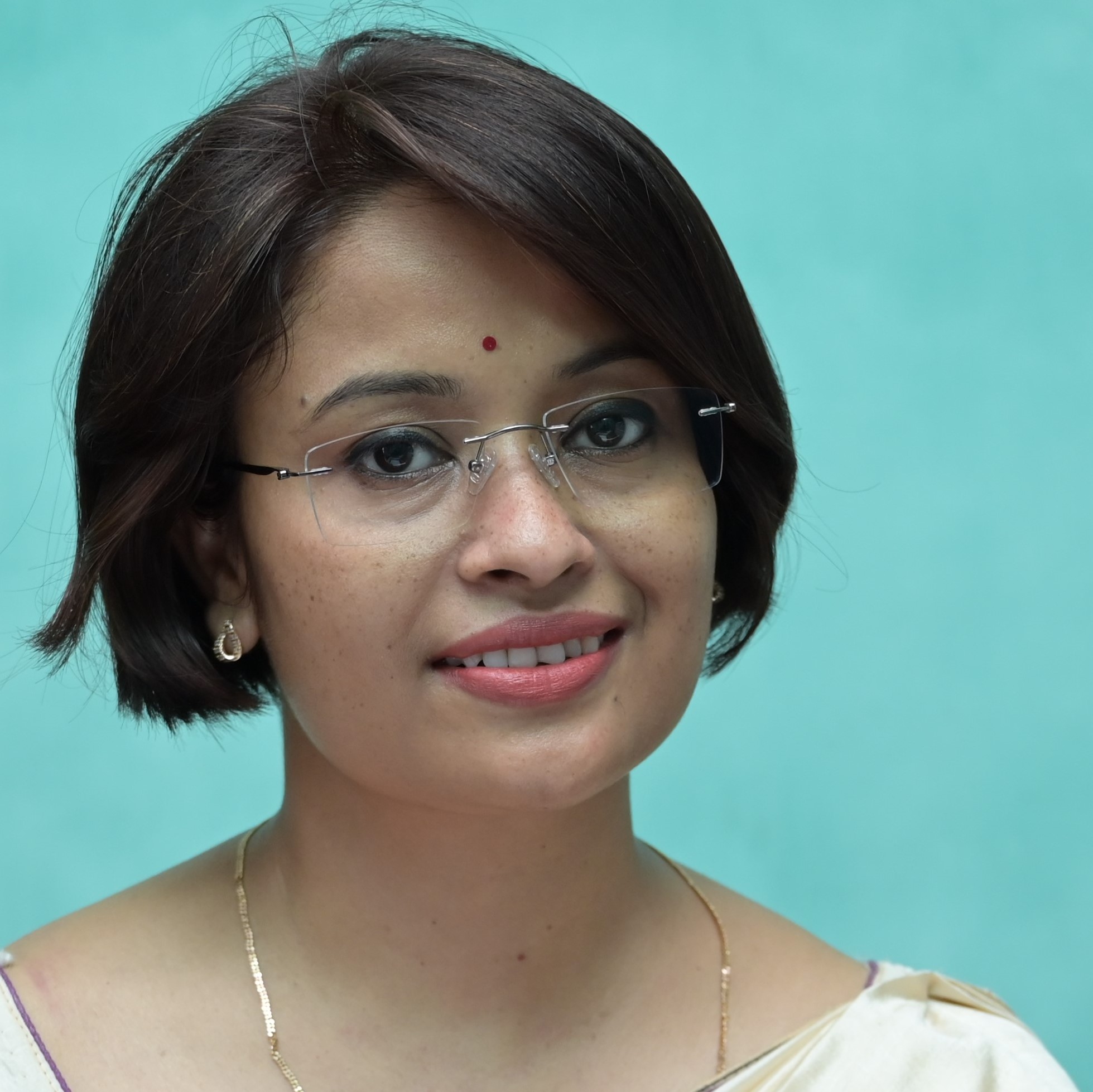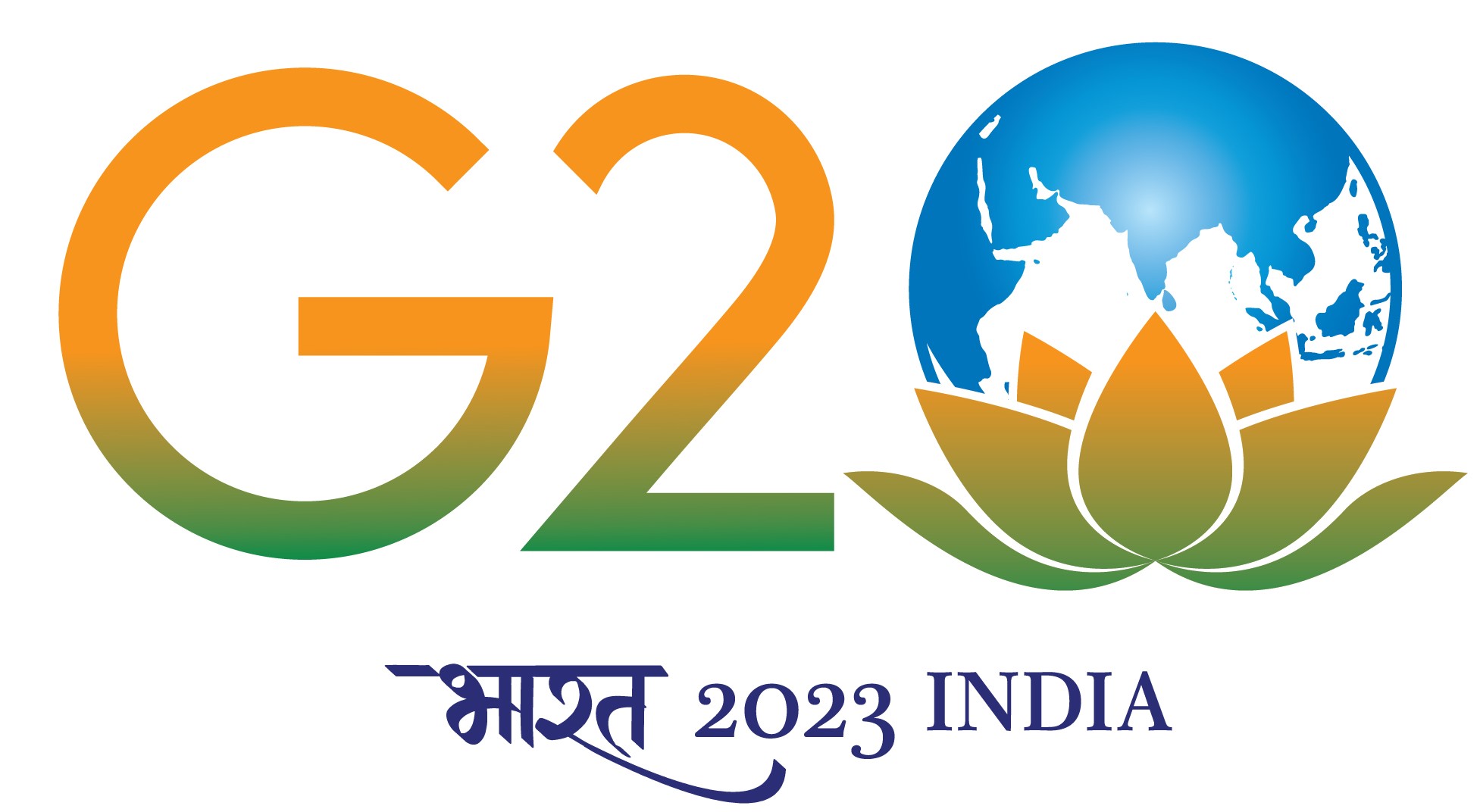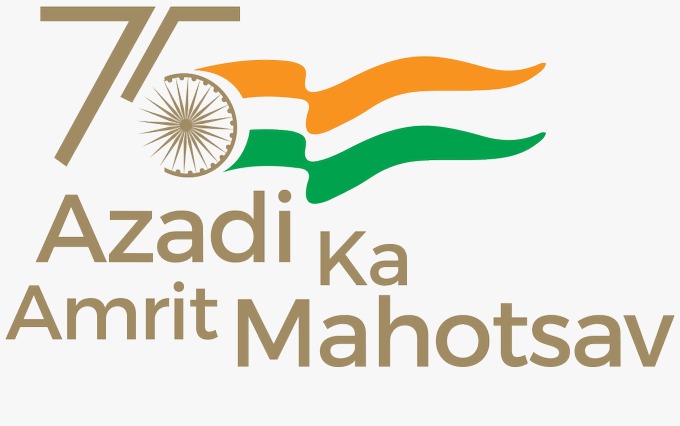About Library
The Central Library, Sipajhar College is the hub of the academic activities supporting the institution's mission of achieving excellence in education and research. All students, faculties and employees of the college are entitled to make use of the library facilities. The library also renders services to people from outside the college community after receiving due permission from the college authority. It is a modern computerized library with SOUL 2.0 software through which all the house-keeping operations of the library such as acquisition, cataloguing, circulation, serial control and OPAC are being done. Moreover, we have a digital library with DSpace software, where all the college publications such as books, journals, magazines, prospectus, conference proceedings, project reports, question papers, class notes are being preserved. The library with its open access system and spacious reading area provides an atmosphere favorable to the excitement of mental discovery. Here, students are always encouraged to do the optimum utilization of the library resources by creating a user-friendly atmosphere. Moreover, each department of the college has an individual library called departmental library, which provides additional help to students and teachers in their academic pursuits. The library also provides access to e-resources to the teachers and students of the college through N-LIST consortia and NDLI platform. The library remains open from 10 A.M. to 4 P.M. on all working days. Book-bank facilities are offered to needy and deserving students who may borrow books for the whole academic session.Library at a Glance
i. Name of the Library: Central Library, Sipajhar Collegeii. Year of Establishment: 1971
iii. Type of the Library: Academic
iv. Library Hour: Monday to Saturday 10:00 am to 4:00pm
v. Library Circulation Hour: Monday to Friday 10:30 am to 3:00pm
vi. Library Building: Part of a building
vii. Nature of Access: Open
viii. Classification Scheme Used: DDC 23rd edition
ix. Status of Automation: Fully automated
x. Automation Software: SOUL2.0
xi. Digital Library Software: DSpace
Vision
To serve the society with integrated state-of-the-art library & information, to build a good class of reader, to build a better society, indeed a great Nation.Mission
Total quality management and optimum users’ satisfaction.Library Collection
i. Book:21,000+ii. Reference Sources: 347+
iii. Bound Volume: 53+
iv. Journal: 12
v. Magazine: 8
vi. News-paper: 6
a) Assamese : 2
b) English: 4
Faculty Strength
i. Regular: 2ii. Contractual: 2
iii. Vacant: 1 (Appointment in process)
Library Team

DR.NIRMALI CHAKRABORTY
Designation : LIBRARIAN

DIPU KASHYAP
Designation : Library Assistant

ABHIJIT NATH
Designation : LIBRARY ASSISTANT

MRIDUL SAHARIA
Designation : LIBRARY BEARER

ABHIJIT NATH
Designation : LIBRARY ASSISTANT
Library Users
i. Permanent Teaching Staff: 44ii. Contractual Teaching Staff: 5
iii. Permanent Non-Teaching Staff: 11
iv. Contractual Non-Teaching Staff: 10
v. Students:
- HS: 158
- UG: 1998
- M.A:33
Library IT Infrastructure
i. Computers: 8ii. Attendance System: 1
iii. Digital Bulletin Board: 1
iv. Barcode Reader: 2
v. Barcode Printer: 1
vi. Document Printer: 1
vii. Book Scanner: 1
viii. Photocopier: 1
ix. Central UPS: 2
x. Inverter: 1
xi. CCTV: 6
xii. Electronic Water Filter: 1
xiii. Vacuum Cleaner: 2
xiv. Light: 18
xv. Fan: 13
Library Administration
There is a Library Advisory Committee which is formed as per the guidelines of the Director of Higher Education, Assam (AHE1036/2019/4, dtd. 23rd July, 2021). The library committee extends advice and suggests new ideas to librarian from time to time for the improvement of the library facilities and services. Library matters are discussed and approved in the Library Committee meeting before implementation.Budgeting Policy and Procedures
The library budget is established by the College Governing Body as a part of the regular budget process. Each department is allotted a considerable amount for purchase of subject centric books. The book, periodicals, Institutional Membership, subscription of E-resources, AMC etc. are included in the budget. Factors involved in determining a department's level of support include total enrolment, majors, Allied, Electives, Soft Skills etc. The book requirements are received from the departments and the quotation is received from minimum three publishers/distributors and the final decision is made by the Principal and Library Committee based on the availability of fund.Bill Processing
Once the books are received in the library along with the bills, the price of each book and the discount rates are verified by the concerned staff responsible for entry in the accession register. Then the bills are processed for payment with the accession numbers entered against each item then the bills are submitted in the finance department after Principal’s approval for payment.Library Rules
i. Entry is permitted with ID card only.ii. Perfect silence should be observed in the library.
iii. Members are not allowed to bring their belongings inside the library.
iv. Overdue charges will be applicable for books returned after the due date.
v. If an issued book is lost/ damaged it has to be replaced as per the AAC norms.
vi. Library users, who require Library Clearance Certificate, have to surrender their library cards.
vii. Disruptive behavior, such as creating loud noises, loud talking, screaming, or banging on computer keyboards are strictly prohibited.
viii. Consuming food or beverages inside the library is strictly prohibited.
ix. Members should satisfy themselves about the physical condition of the books they wish to borrow before getting them issued; otherwise they will be held responsible for any damage or mutilation noticed at the time of return.
x. Reference sources, bound volumes of periodicals and question papers are not issued on loan.
xi. Books damaged or lost will have to be replaced with the latest edition. If the user cannot replace the lost copy s/he will have to pay the current price of the book.
xii. If any book is in a damaged condition while taking out from the library, this should be brought to the notice of the librarian; otherwise the borrower will be held responsible for the same.
xiii. Dog-earing, marking or underlining the pages of publications or cutting pages, illustrations, advertisements or damaging the publications in any way is strictly prohibited. The defaulters will not only be required to pay the cost and penalty for such offences but will be deprived of the library facility and the appropriate authority will be asked to take suitable action against him/her.
Cyber Rules
i. The resources of the digital library should be used only for academic purposes.ii. Not to install or uninstall any program or service in any computer at digital library.
iii. Printings are not allowed within the library and if necessary, contact the librarian.
iv. Patrons are responsible for complying with the limitation of copyright act.
v. Use of digital library systems for social media, online shopping, chatting are strictly restricted.
vi. Use of pen-drive is strictly prohibited.
vii. Keep Digital library clean and silent.
viii. Violation of these rules will call for punitive action against the erring student.
Circulation Rules
| User Category | Number of Books | Issue Period | No. of Renewals |
|---|---|---|---|
| HS Course | 02 (Two) | 15 Days | 01 time |
| Bachelor Degree Course | 02 (Two) | 15 Days | 01 time |
| Master Degree | 03 (Three) | 30 Days | 01 time |
| Teaching Staff | 10 (Ten) | One Semester | 02 times |
| Non Teaching Staff | 03 (Three) | 30 Days | 01 time |
| Temporary Staff | 02 (Two) | 15 Days | 01 time |
Procedure of Conducting Library Stock Verification
Stock verification in the Central Library is carried out annually by engaging external members. Generally the process is conducted during the semester break (Dec to Jan). The missing and withdrawn books are brought to the knowledge of the Principal and concerned borrowers are requested to replace the same. The report is duly checked and signed by the Principal.Weeding Policy
Library materials such as Books, Journals, and Magazines are being weeded once in five years based on the criteria viz. space limitations, low or no usage, badly deteriorated or damaged and materials in obsolete formats. The Librarian in agreement with the library committee shall make the final decisions regarding the disposition of materials withdrawn from the collection.Library Services
i. Barcoded attendance systemii. Electronic Notice Board
iii. On-line Public Access Catalogue (OPAC)
iv. Automated circulation of books
v. Reference Service
vi. Service to the readers with disabilities
vii. Access to online e-resources through N-LIST, NDLI and other Open Educational Resources.
viii. Access to bound volumes of periodicals.
ix. Book bank facilities
x. Access to faculty publications (digital library)
xi. Access to old question papers (Digital Library)
xii. Journal Content Page sharing through WhatsApp groups
xiii. Display of New Arrival (library portal)
xiv. Newspaper Clipping Service (library portal)
xv. Book Review Service (library portal)
xvi. Minutes of the meetings of the library committee (library portal)
xvii. Statistical reports related to the library (library portal)
xviii. Online book requisition facility (library portal)
xix. Online Feedback mechanism (library portal)
xx. Hands-on training on the use of N-LIST and NDLI (Physical & Digital)
xxi. Library Photo Gallery (library portal)
xxii. Library YouTube Videos
Library Facilities
i. Drinking water facilitiesii. Toilet facility
iii. Security through CCTV
Special Initiatives
i. Formation of Library Book Club to inculcate reading habit among the studentsii. Best Reader Award
iii. Department wise colour specific spine labelling of books
iv. Identification of books and their shelf location
v. Promoting book donation by the teachers to mark their birthdays
vi. Separate section on Darrangi literature and culture
vii. Networking with the government rural libraries of Darrang district
viii. Open access to library services for the students of the adopted village.


